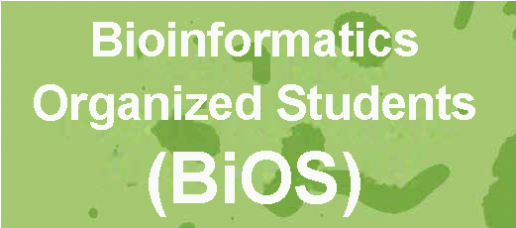Special Bioinformatics Seminar
Special Bioinformatics Seminar
Tuesday, December 3 – 4:00 PM – LSEB 103 – 24 Cummington Mall
Nobel Laureate, Sir Richard J. Roberts Ph.D.
Bacterial Methylomes
We have become accustomed to describing genomes as strings of A’s, C’s, G’s and T’s. This is how DNA sequencing results are reported and then stored in the sequence databases. But we know that almost universally DNA carries modifications such as methylation, which plays a key role in many biological events. In humans, m5CpG and its oxidized product hm5C are important epigenetic elements that can affect embryonic development and differentiation. Prokaryotic genomes are also methylated, but with just a few exceptions such as protection for restriction enzymes, marking parental strand during mismatch repair and involvement in cell cycle control rather little is known. A major reason for this is that the complete analysis at the genome level has been difficult. Bisulfite sequencing can be used, with difficulty, to probe m5C modification, but m4C and m6A modifications have proved much more laborious to investigate. Now, however, a new technology, SMRT™ sequencing, has been developed by Pacific Biosciences that permits both the DNA sequence and its methylation pattern to be determined simultaneously. This enables DNA methyltransferase (MTase) recognition specificities to be determined in an almost trivial fashion and is giving unique insights into prokaryotic biology. Whole genomes can be scanned in a single experiment with ease. Many exciting new findings are emerging and complete methylomes for more than 100 bacterial genomes are now known. Some MTases are part of restriction-modification systems and for Type I and Type III systems this also means that the restriction enzyme recognition sequences will also be known. This analysis used to take months for one enzyme and was rarely undertaken. Some new types of MTases have been found and because many MTases are not associated with restriction systems it seems likely that new functions await discovery. A door has been opened that promises a new dimension in the study of genomes.
Dr. Roberts received a B.Sc. in Chemistry and a Ph.D. in Organic Chemistry at the University of Sheffield in England. He completed his postdoctoral research at Harvard in Prof. J.L. Strominger’s lab, and from 1972 to 1992 he worked at Cold Spring Harbor Laboratory under Dr. J.D. Watson. Dr. Roberts won the 1993 Nobel Prize in Medicine and Physiology, and is currently the Chief Scientific Officer of New England Biolabs. Read more on the Nobel Prize page.




